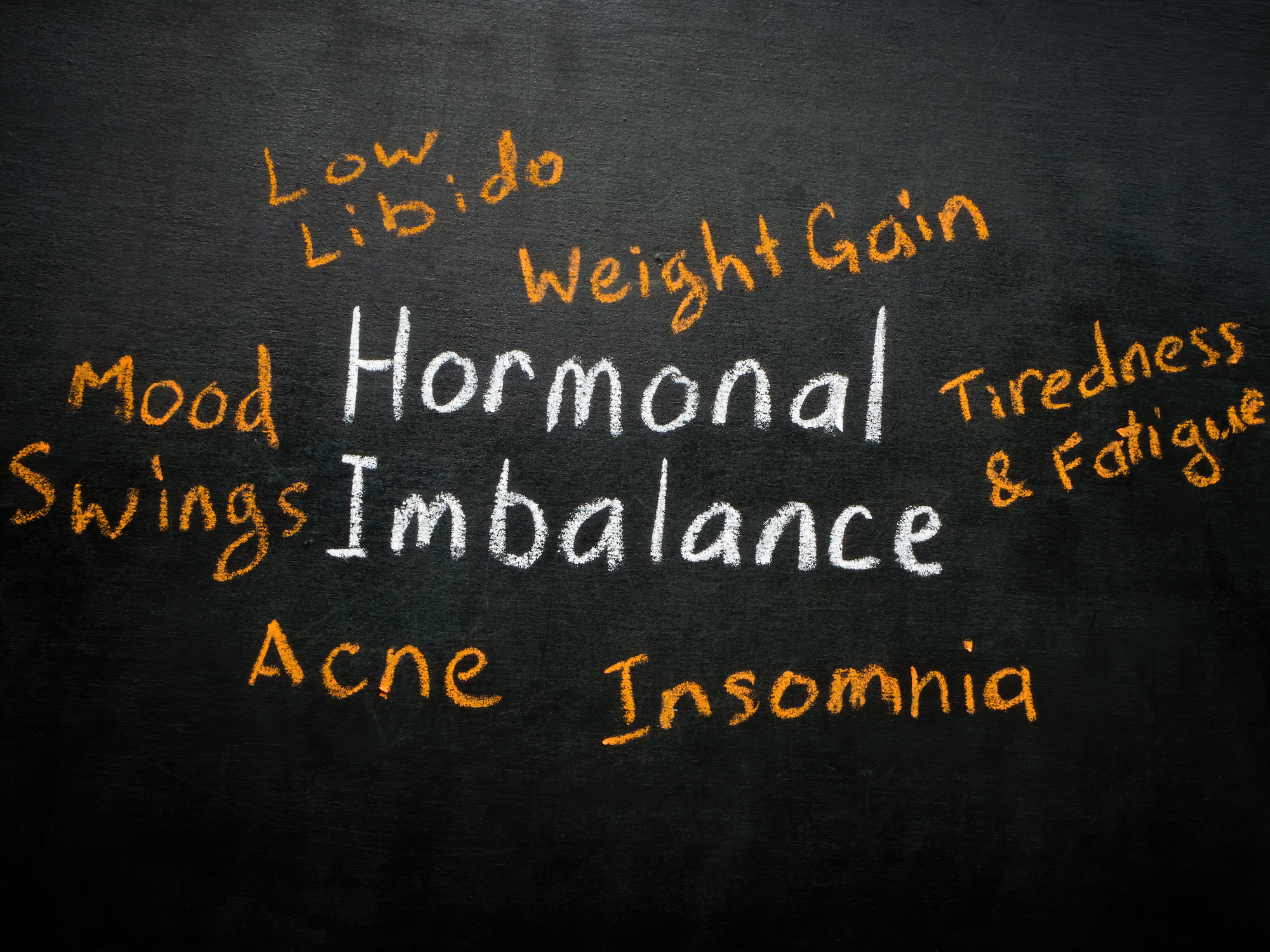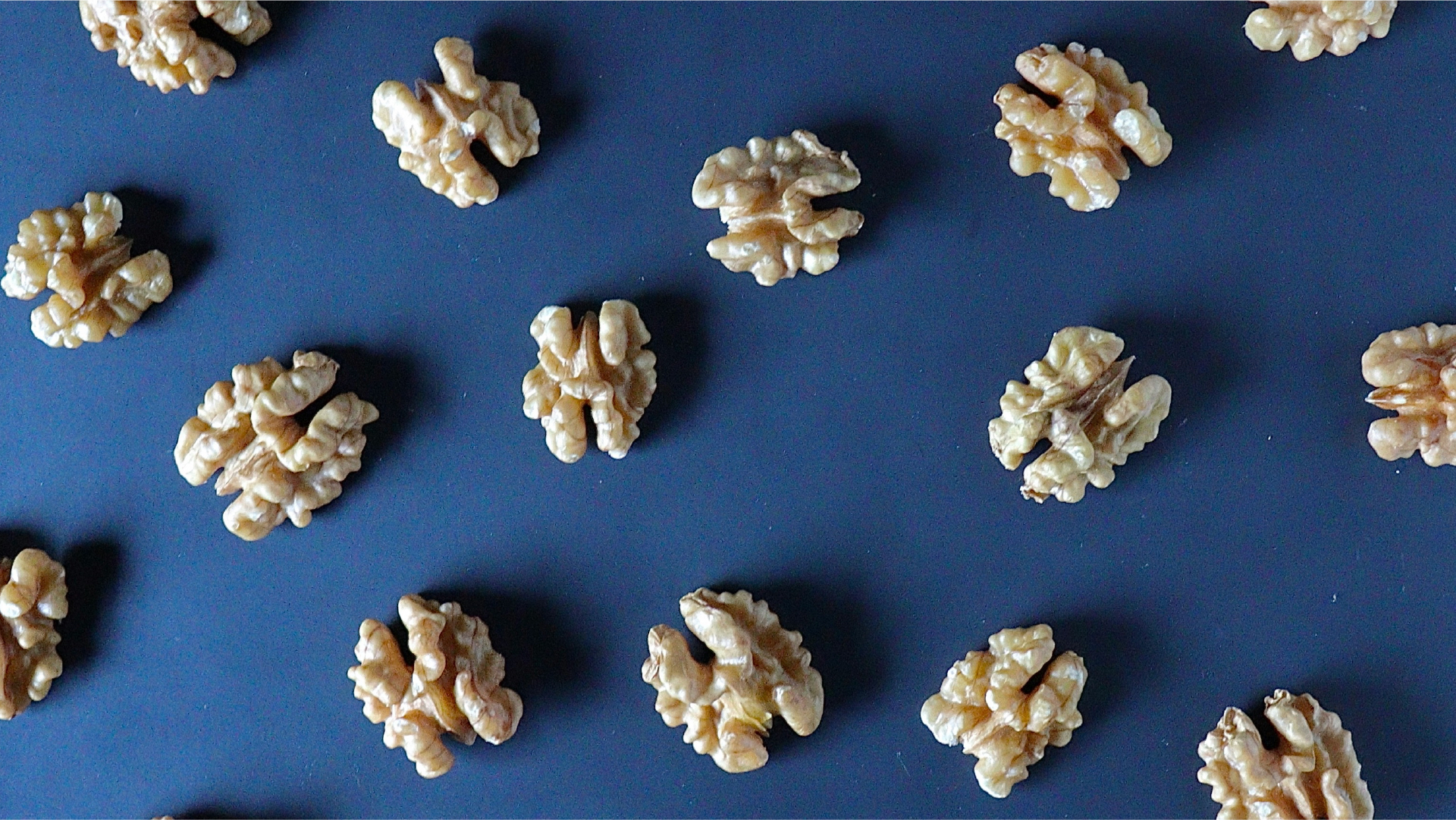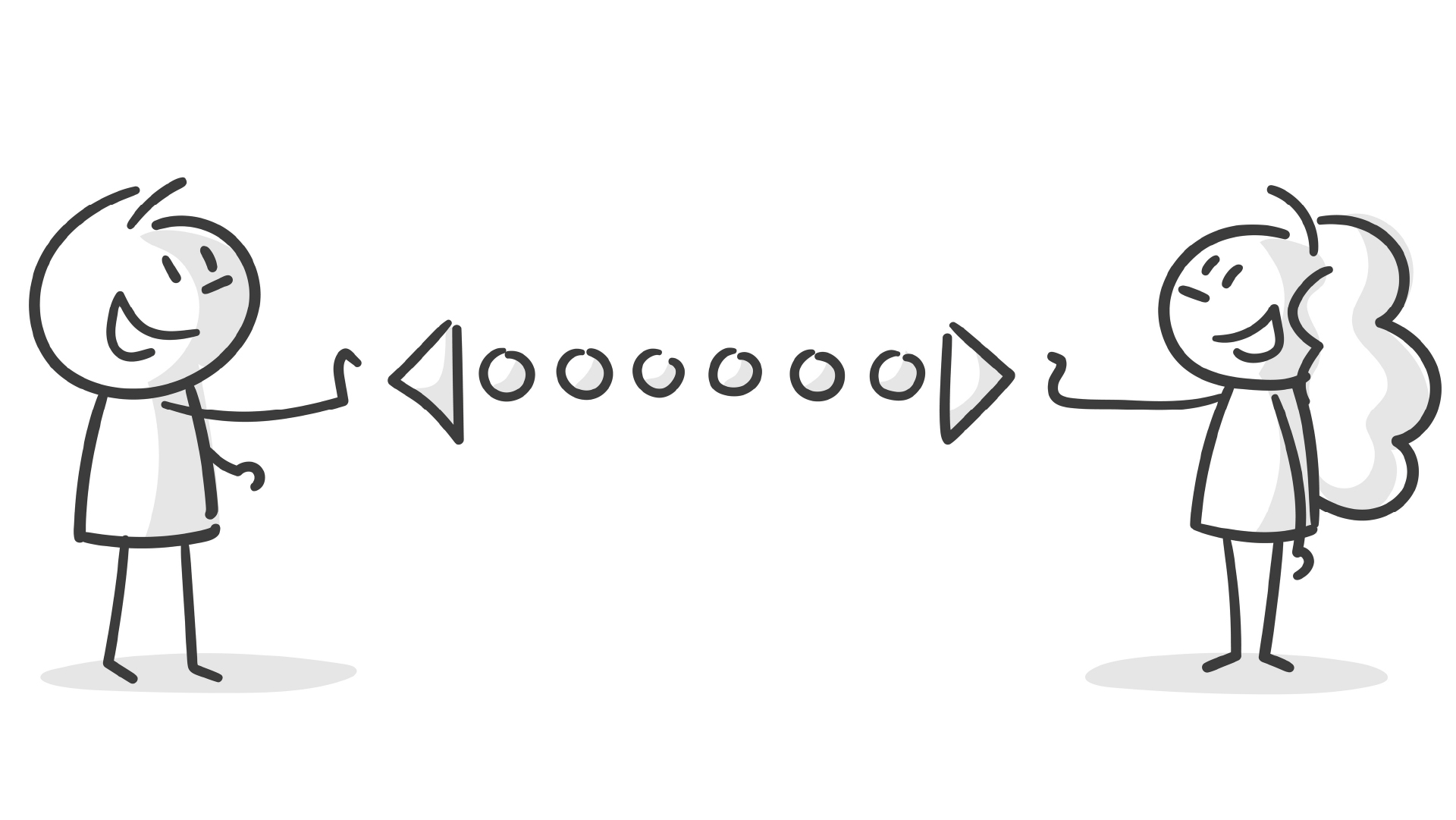Category: Well-being
-

Goals win matches in football. At work, speaking up makes you a winner!
If you are a football fan, this one’s for you! Imagine yourself in a packed stadium, just moments away from scoring the winning goal! What do you do? You take the shot, you score, and the stadium erupts in celebration! That is the decisive action that wins matches. Believe it or not, the same energy…
-

Breaking the Silence: The Power of Open Conversations
By BYF Psychology Team The WHO stated that we lose more than 720,000 people to suicide every year. In a world where mental health stigma often silences those who need help the most, it’s crucial to shine a light on how we can make a difference. Fostering open, honest conversations on topics surrounding mental health…
-

Revitalize Your Life: Smart Strategies to Combat Fatigue
Ever wondered why you can get a full night’s sleep and still feel like you’ve been hit by a truck? Exploring how your lifestyle choices impact your energy levels might be key to feeling refreshed. Here’s how to tackle fatigue with practical strategies that make a real difference: Eat Smart: Nourish Your Body To keep…
-

Tackling the Learning and Development Challenges of Frontline Workers with Bigyellowfish’s Innovative Platform
By Ram Sitaram Director – Growth & Partnerships In today’s rapidly evolving work environment, around 80% of employees are not engaged in traditional office settings. These individuals, often referred to as ‘frontline’ or ‘deskless’ workers, are integral to essential and safety-critical industries, such as logistics, healthcare, construction, maritime, hospitality, manufacturing, and uniformed personnel. Despite the…
-

The Science of Fatigue: How Hormones Impact Your Energy and Well-Being
Fatigue is a common complaint, affecting countless individuals in various ways. Understanding the underlying biochemical processes can offer insights into why we feel tired and how to address it. One crucial factor is the role of hormones in managing energy levels and overall fatigue. Here’s a breakdown of key hormones involved and how their imbalance…
-

The Hidden Costs of Burnout: How Workplace Stress Affects Health, Productivity, and Employee Retention
Burnout is a state of physical, emotional, and mental exhaustion caused by prolonged stress. It is particularly prevalent in safety-critical industries such as maritime, healthcare, aviation, manufacturing, and energy, where the stakes are exceptionally high. Understanding burnout and its effects on individuals and workplaces is crucial for maintaining safety and efficiency. Understanding Burnout Burnout often…
-

The Gut-Brain Connection: How your stomach talks to your mind
Have you ever had butterflies in your stomach before a big event or felt your gut clench when you’re stressed? That’s not just a coincidence—it’s the fascinating conversation between your gut and brain, otherwise known as the “gut-brain axis.” Let’s take a journey through three key ways in which your stomach and mind are connected. …
-

Long-Term Relationships: How to Sail Safe on Land and Water?
“It’s a marvelous thing, the ocean. For some reason when two people sit together looking out at it, they stop caring whether they talk or stay silent. You never get tired of watching it. And no matter how rough the waves get, you’re never bothered by the noise the water makes by the commotion of…
-

Leveraging Brain Chemistry for Enhanced Workplace Performance and Safety
In the context of today’s high-stakes work environment, the understanding and application of brain chemicals’ subtle yet powerful influence can be a game-changer. From dopamine’s role in motivation to serotonin’s impact on well-being, these neurotransmitters profoundly shape our workplace dynamics. But beyond boosting productivity in safety-critical industries, harnessing the potential of brain chemicals is not…
-

The Art of Aligning Body, Mind, and Soul
After exploring the beauty and magic of aligning body, mind, and soul, it’s only natural to wonder how to achieve this harmonious state. Here, we’ll delve into gentle and practical ways to guide you on this enriching journey toward holistic alignment. Mindfulness and Meditation “Meditation is not a way of making your mind quiet. It…